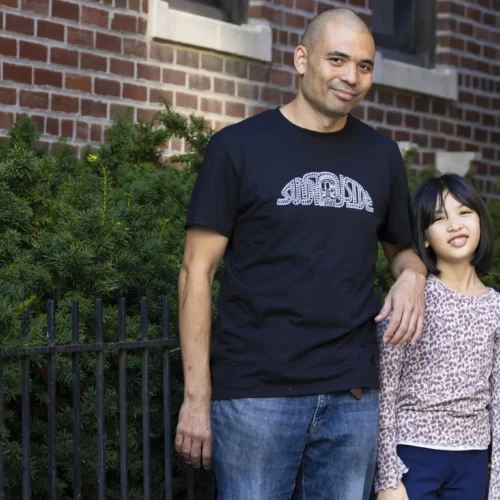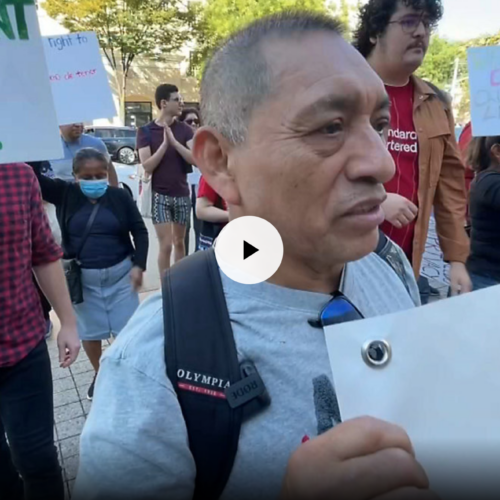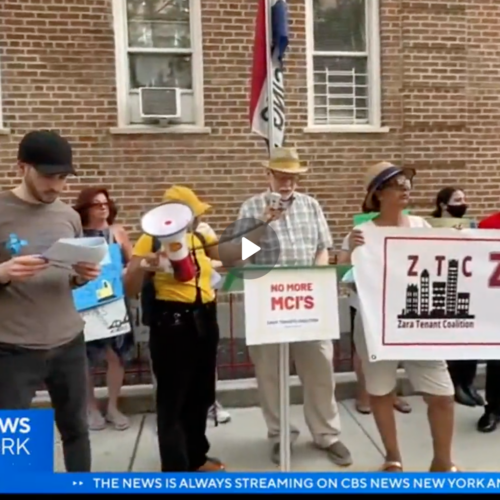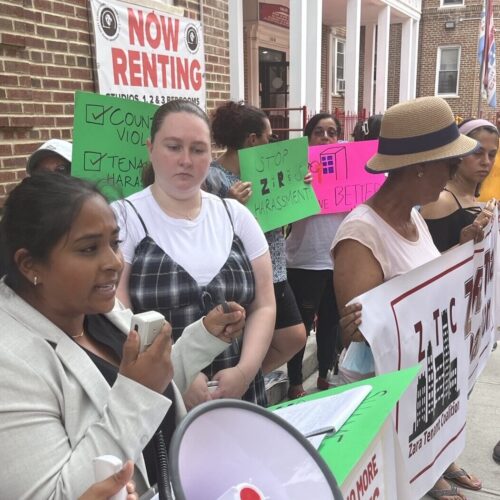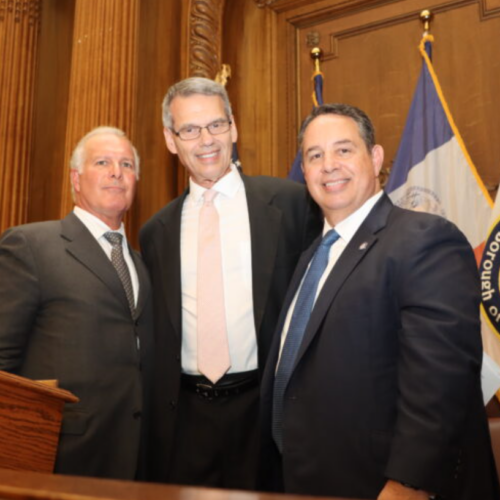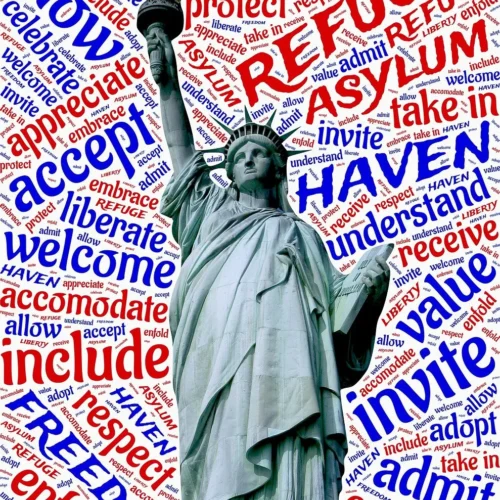In Queens, Strangers Become Neighbors
In the News – In Queens, Strangers Become Neighbors Rent increases in a building in Sunnyside encouraged tenants to band together. Now they know one another’s names and help keep an eye on building management. November 6, 2023 By D.W.

